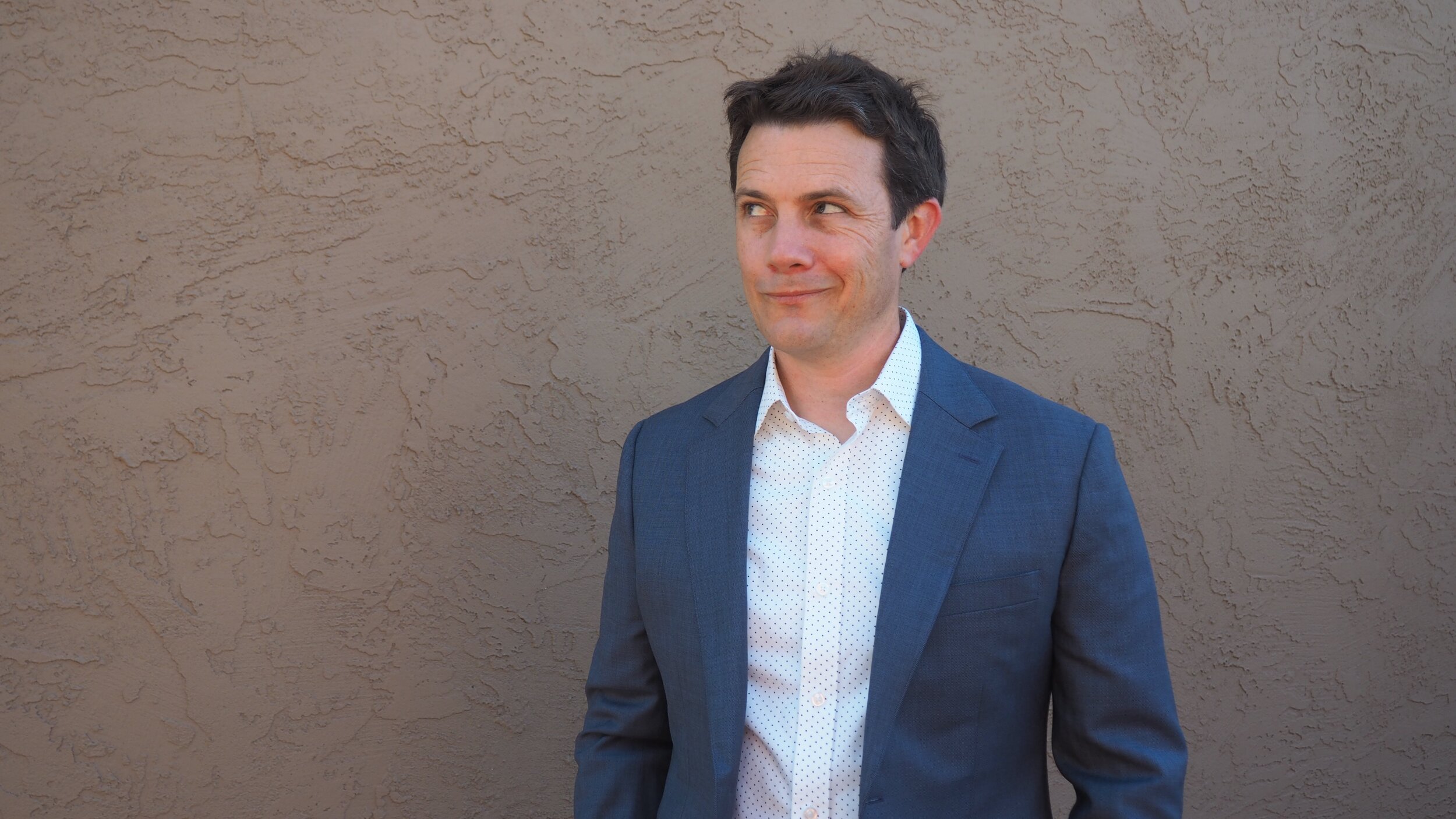A few years ago, I stopped most of my consulting.
The decision wasn't made lightly. My latest book, The Service Culture Handbook, was taking off and I was receiving more inquiries than ever before.
But something gnawed at me.
Most clients weren't getting the results they wanted. Not just my clients. Companies that hired any customer service consultant were struggling to see any gains.
Only a few saw truly breakthrough results.
I analyzed the successful engagements and saw those clients had a few things in common. They were:
Focused on a specific goal.
Open to change.
Willing to spend the time.
Read on to learn three reasons why you shouldn't hire me or anyone else to help you grow your service culture. And I'll share the one time when a consultant probably is the right choice.
#1 You are not focused on a specific goal
A good consulting engagement requires a client to know exactly what they want to achieve. This sets the scope of work for the engagement.
Money gets wasted without a clear goal. It's a recipe for excess billable hours without anything to show for it.
"Reduce complaints," “train the team,” or "become world-class" aren't clear enough. You need a much more specific goal than that.
My last consulting client hired me to help them write a new mission statement that could also be used as the company's customer service vision. It was a sharp, focused assignment with a clear end-point.
#2 You are not open to change
Many leaders hire consultants for validation. They secretly hope the consultant will tell them they're doing everything right and share one magic secret that can change everything.
It doesn't work that way.
A big part of hiring an external consultant is helping you find blindspots. Once those blindspots are revealed, change is inevitable.
It takes a strong leader who can keep their ego in check and accept that some of the things they've been doing are not optimal. That's not always comfortable.
A leadership team recently contacted me about a service culture consulting project. Looking at it with a fresh perspective allowed me to immediately spot a flaw in their plan.
Fortunately, the leaders were strong. They took my feedback for what it was—advice intended to help them succeed. And once the blindspot was revealed, they understood the flaw as well.
The leaders made the wise, but difficult decision to put the consulting project on hold until they could make the necessary changes. That openness to tough feedback tells me they might be a great client at some point in the future.
#3 You aren't willing to spend the time
Consultants can take up a lot of your time. One of the fastest ways to sink a consulting project is to not have the time to give.
Here's just a partial list of things you'll be asked to spend time on:
Meetings. Lots of meetings.
Research. Consultants need access to lots of data.
Decisions. You'll need to weigh big decisions.
Implementation. You’ll need to implement the consultant’s recommendations.
Monitoring. Things change, so you’ll need to keep track of the results.
A client I worked with several years ago is still implementing recommendations that came from a service culture assessment.
They're not slow and they're certainly not behind. In fact, they've made tremendous progress and achieved extraordinary results.
My client understands that implementing culture change takes hard work and concerted effort over time. This company is succeeding because they're willing to do just that.
What are the alternatives to hiring a consultant?
A big part of hiring a consultant is to gain access to new ideas. Yet many consultants, including me, already share those ideas via books, blogs, and other resources.
I've packaged all the work I used to do as a consultant into my books. And those books come with free support:
Increase market share with The Guaranteed Customer Experience
Get customer-focused with The Service Culture Handbook
Discover hidden service obstacles with Getting Service Right
Keep your team's skills sharp with Customer Service Tip of the Week
You'll find my phone number and email address inside each book. Feel free to contact me with any questions about implementing any of the ideas, no strings attached.
I've also created training videos, a free weekly email, and a blog to help guide you.
When does it make sense to hire a consultant?
I still consult on occasion, but only when it will clearly benefit my client and my client is ready. That means three conditions must be met:
Focus: the scope of work is clearly defined.
Open: new ideas are welcomed.
Time: you are willing to spend the necessary time.
Not sure if you're ready? Feel free to contact me. I'll probably try to talk you out of it.


